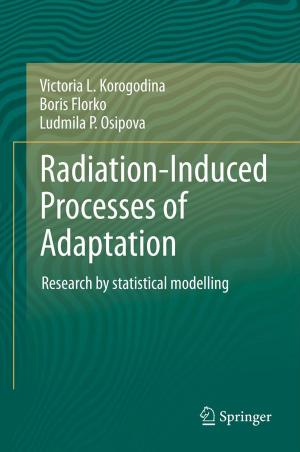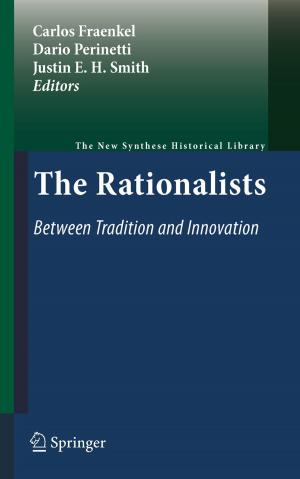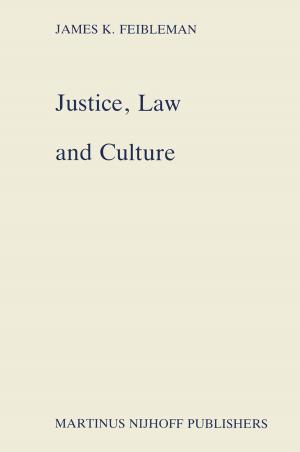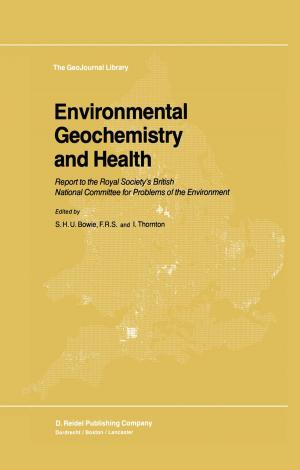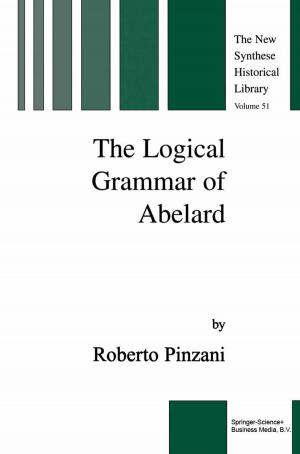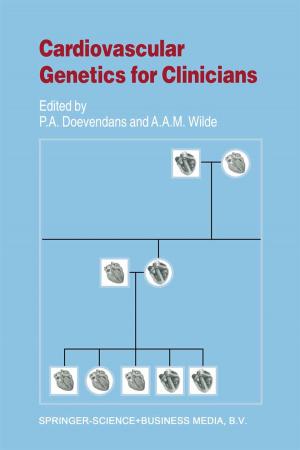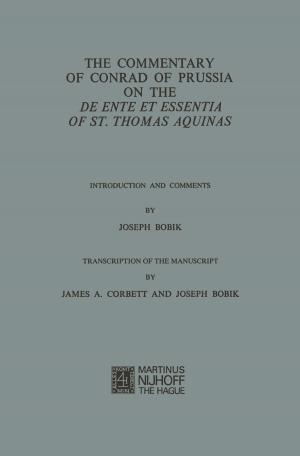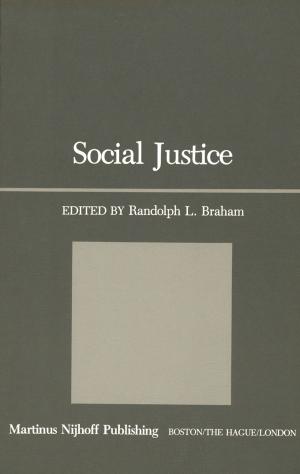| Author: | Battista Mondin | ISBN: | 9789401747349 |
| Publisher: | Springer Netherlands | Publication: | June 29, 2013 |
| Imprint: | Springer | Language: | English |
| Author: | Battista Mondin |
| ISBN: | 9789401747349 |
| Publisher: | Springer Netherlands |
| Publication: | June 29, 2013 |
| Imprint: | Springer |
| Language: | English |
In recent years there has been a remarkable revival of interest in the doctrine of analogy, and many important studies on this doctrine have appeared in the form of articles and books. Today many of the greatest living philosophers and theologians consider some sort of analogy to be an indispensable tool for any fruitful research in metaphysics and theology. In this atmosphere we are sure that a study of the history of the principle of analogy in Protestant and Catholic theology is welcome. This is one of the reasons for the present undertaking. A second reason for this study is to seek to divert the ecumenical dialogue from secondary questions and to direct it to an area where it is necessary to agree in order to be one. The title of our work is somewhat misleading; it may lead one to believe that it deals with all Catholic and Protestant theologians of past and present. Actually it does not. It deals only with some of the major figures of Catholic and Protestant theology. It concentrates especially on Aquinas' analogy of intrinsic attribution, on Barth's analogy of faith and on Tillich's symbolic analogy. It attempts to compare and evaluate these three theological methods, from the standpoint of determ ining their adequacy to interpret the God-creature relation and to justify the use of theological language.
In recent years there has been a remarkable revival of interest in the doctrine of analogy, and many important studies on this doctrine have appeared in the form of articles and books. Today many of the greatest living philosophers and theologians consider some sort of analogy to be an indispensable tool for any fruitful research in metaphysics and theology. In this atmosphere we are sure that a study of the history of the principle of analogy in Protestant and Catholic theology is welcome. This is one of the reasons for the present undertaking. A second reason for this study is to seek to divert the ecumenical dialogue from secondary questions and to direct it to an area where it is necessary to agree in order to be one. The title of our work is somewhat misleading; it may lead one to believe that it deals with all Catholic and Protestant theologians of past and present. Actually it does not. It deals only with some of the major figures of Catholic and Protestant theology. It concentrates especially on Aquinas' analogy of intrinsic attribution, on Barth's analogy of faith and on Tillich's symbolic analogy. It attempts to compare and evaluate these three theological methods, from the standpoint of determ ining their adequacy to interpret the God-creature relation and to justify the use of theological language.

